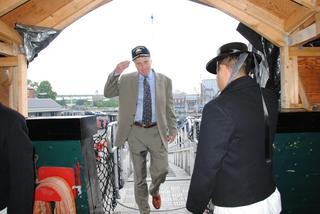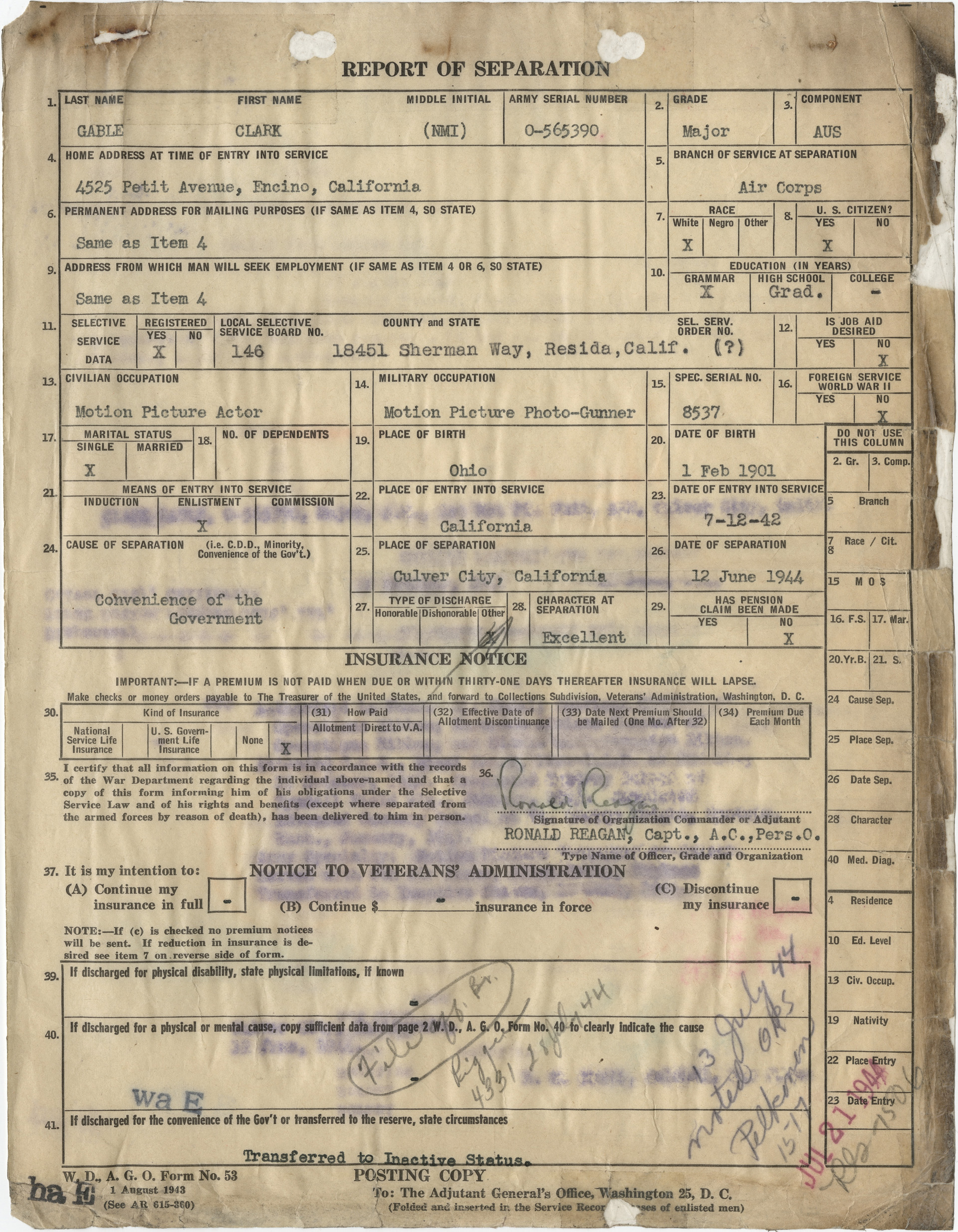Archive for June, 2010
Written on: June 25, 2010 | 0 Comments
This past Wednesday, the National Archives hosted a public forum to discuss how the National Declassification Center (NDC) should prioritize the declassification of records. The forum was an active and lively discussion. We heard many suggestions and comments from members of the public on a draft prioritization plan. I was joined on stage by Sheryl Shenberger, the first permanent director of the NDC; Michael Kurtz, the Assistant Archivist for Records Services – Washington, D.C. and former Acting Director of the NDC; and Beth Fidler, senior archivist in the Office of Presidential Libraries.
The prioritization plan is being developed with your help. We’ve woven the principles of open government — transparency, participation, and collaboration — into our process. We made the draft plan publicly available on our website. We’ve received your comments and suggestions through email, the NDC Blog, and the June 23 public forum. We also worked to bring the forum to those who were unable to attend in person through a live webcast.
The prioritization plan will serve as a roadmap in processing the backlog of 400 million pages of classified records by December 31, 2013. The goal is to get as many of these documents as possible on the open shelves as quickly as possible for researchers, journalists, historians, government officials, and the public.

(Photo Courtesy of the… [ Read all ]
Written on: June 22, 2010 | 3 Comments
The quantity, breadth, complexity, and relevancy of our records are never more apparent than when the National Archives and Records Administration and the Presidential Libraries are called upon to process and make available the Presidential records of Supreme Court nominees.
As the stewards of Presidential records, we take pride in this responsibility and recognize that our work supports our democratic institutions in this crucial decision-making process.
On Friday, the Clinton Presidential Library, one of the 13 Presidential Libraries administered by the National Archives, made available online more than 75,000 pages of records relating to President Obama’s Supreme Court nominee, Elena Kagan. This latest batch of records includes emails written by Kagan during the four years she spent in the Clinton White House. In total, almost 170,000 pages have now been made publicly available.

Image 1: Kagan Email Example (see citation below)

Image 2: Kagan Email Example (see citation below)
This has been a herculean task.
Since May 10, 2010, 16 archivists, 6 archival technicians, and a supervisory archivist have put in over 6,000 hours on the job — working every Saturday, Sunday, and Memorial Day — in order to process and make available… [ Read all ]
Written on: June 10, 2010 | 6 Comments
Last Friday, I stepped aboard the U.S.S. Constitution in the Charlestown Navy Yard of Boston Harbor. I joined Commander Timothy M. Cooper, his crew, and 150 members of the Wounded Warrior Project for an underway commemoration of the Battle of Midway. The ship honored injured service members from Operation Enduring Freedom and Iraqi Freedom and commemorated the Navy’s victory at Midway Island in World War II.

The Archivist stepping aboard the U.S.S. Constitution
(Photo Courtesy of the U.S.S. Constitution)
The U.S.S. Constitution is the oldest commissioned ship in the world. Christened on October 21, 1797, she is a wooden-hulled, three-masted heavy frigate of the U.S. Navy. She earned the nickname “Old Ironsides” during the War of 1812 when, in a 35-minute battle with the HMS Guerriere off the coast of Nova Scotia, 18-lb British iron cannonballs bounced off her 25-inch oak hull.
I grew up in Beverly, Massachusetts and remember my mother telling me how she had collected pennies to help save the U.S.S. Constitution when she was young. Having served a four-year enlistment in the U.S. Navy as a hospital corpsman during Vietnam, the underway was a memorable experience for me. It was a moving tribute to those who won the Battle of Midway and to our present-day heroes who have made tremendous sacrifices to serve… [ Read all ]
Written on: June 4, 2010 | 1 Comment
The National Personnel Records Center in St. Louis is the nation’s depository for military personnel records. Within these records are the files of “Persons of Exceptional Prominence” including: Spiro Agnew, Desi Arnaz, Beatrice Arthur, Joe Louis, Humphrey Bogart, John William Coltrane, John Foster Dulles, Marvin Gaye, Theodore S. Geisel (AKA “Dr. Seuss”), Charles A. Lindbergh, Glenn Miller, Edward Murrow, Richard Nixon, Elvis Presley, and Jackie Robinson.
On one particular record, two celebrities intersect. The image below is the report of separation for Clark Gable, signed by his personnel officer, Captain Ronald Reagan. You can see Clark Gable’s civilian occupation as “Motion Picture Actor” and his military occupation as “Motion Picture Photo-Gunner.”

Clark Gable’s Report of Separation signed by Ronald Reagan
Military personnel records are our nation’s most requested records. Staff members at the National Personnel Records Center respond to 5,000 reference requests a day, over 1.3 million annually, representing 94 percent of NARA’s total written requests. The volume is certainly staggering, but access to these records is crucial. Veterans and family members rely on these records to prove service and complete family histories.
Earlier this week, I had the pleasure of attending an event to commemorate the construction of a new facility for the National Personnel… [ Read all ]
Written on: June 1, 2010 | 0 Comments
Everyone brings their special dish to a potluck. It’s what makes a potluck so terrific. We make dishes we know well and are likely to be enjoyed by the crowd. My signature potluck dish is a killer potato salad!
Potlucks bring together the culinary expertise of the group in the same way that crowdsourcing leverages a community’s expertise to solve a problem. It turns out that the belief in the benefit of crowdsourcing is an old one. Aristotle said,
“It is possible that the many, no one of whom taken singly is a sound man, may yet, taken all together, be better than the few, not individually but collectively, in the same way that a feast to which all contribute is better than one supplied at one man’s expense.”
Who knew Aristotle was a such a big fan of potlucks?
At the 2010 Records Administration Conference (RACO), Cass Sunstein, lawyer, law school faculty member, author, and Administrator of the Office of Information and Regulatory Affairs, said that
“…transparency draws on the understanding that no one knows what all of us know. I am speaking of access to dispersed information – of how open government can encourage public participation and allow citizens not
… [ Read all ]





